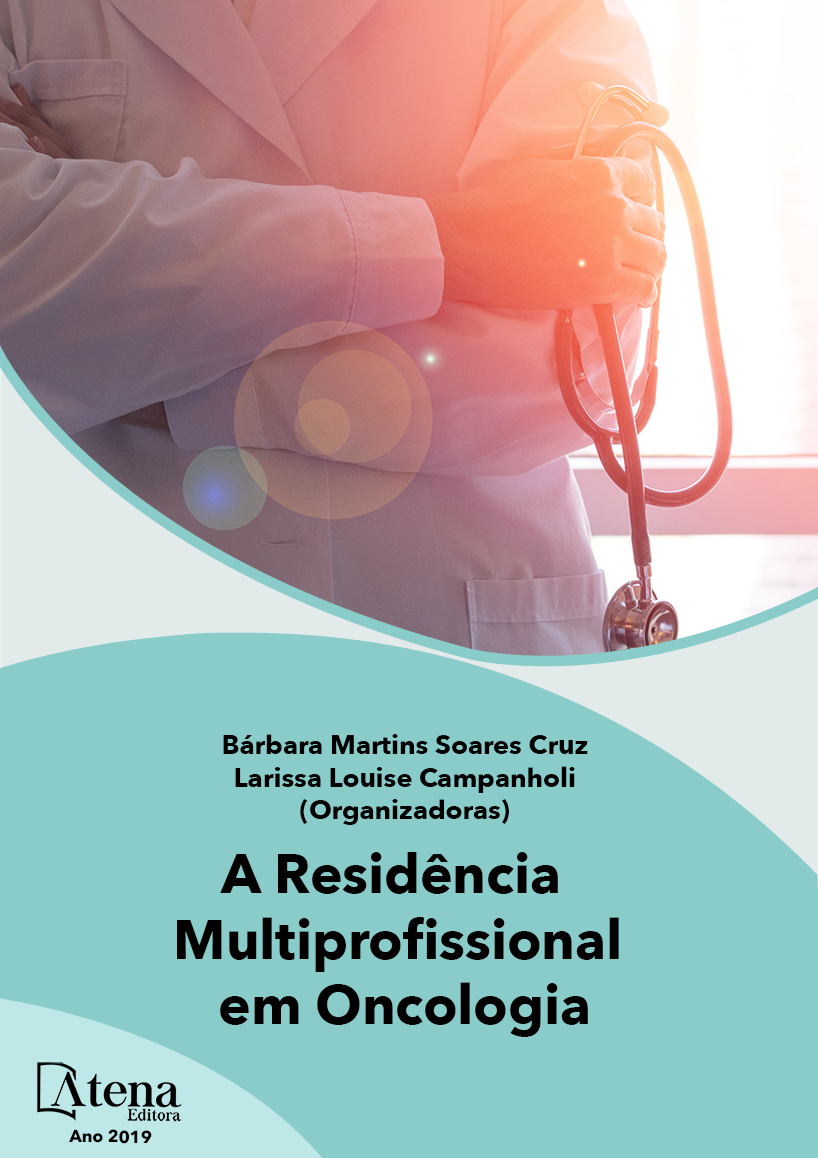
CARCINOMA HEPATOCELULAR EM PACIENTE JOVEM SEM FATORES DE RISCO - RELATO DE CASO
Introdução: O Carcinoma hepatocelular (CHC) é mais frequente em homens, com pico de incidência aos 70 anos, está muito associado à preexistência de doenças hepáticas crônicas. A sintomatologia está relacionada ao comprometimento da atividade hepática, como encefalopatia, icterícia e ascite. Diagnóstico realizado por marcadores sorológicos, métodos de imagem e confirmação histológica com biópsia. Opções de tratamento são: ressecção, transplante, injeção local de substâncias tóxicas, radioterapia, quimioterapia, embolizações, radiofreqüência e criocirurgia. Preconiza-se o acompanhamento de pacientes com fatores de risco, visando ao diagnóstico precoce do tumor. Resultados: A.P.N, 37 anos, sexo feminino, admitida em Março/2017 no Hospital Universitário Oswaldo Cruz queixando-se de sonolência, anorexia e episódios de síncope, com início dos sintomas há 1 mês. Ao exame: emagrecida (perda de 5kg em 1 mês), febril ao toque, abdome doloroso à palpação, fígado pétreo à 10cm do rebordo costal direito. A tomografia computadorizada evidenciou fígado aumentado, contornos irregulares, densidade heterogênea, múltiplos nódulos sólidos; além de nódulos pulmonares. A Biópsia hepática confirmou neoplasia glandular maligna, hepatocarcinoma (grau II/III de Edson Steiner), sem invasão angiolinfática. Estádio clínico IV (metástase pulmonar) com início dos cuidados paliativos, evoluindo para óbito no dia 19/07/2017. Conclusão: O CHC é um câncer agressivo, os pacientes geralmente apresentam-se estádio avançado ao diagnóstico, impossibilitando a cura. A partir deste contexto, cabe à equipe multidisciplinar em cuidados paliativos visualizar o sofrimento do doente como componente importante, prestando uma assistência total e continuada, que envolve não apenas o paciente, mas também sua família. Destaca - se que a paciente não se enquadra nos fatores de risco para CHC: mulher, 37 anos, com sorologias negativas para hepatites virais e sem doença hepática crônica.
CARCINOMA HEPATOCELULAR EM PACIENTE JOVEM SEM FATORES DE RISCO - RELATO DE CASO
-
Palavras-chave: Carcinoma hepatocelular; Paliação; Oncologia
-
Keywords: Hepatocellular carcinoma; Palliation; Oncology
-
Abstract:
Introduction: Hepatocellular carcinoma (HCC) is more frequent in men, with a peak incidence at 70 years, and is very associated with the pre-existence of chronic liver diseases. Symptoms are related to impairment of liver activity, such as encephalopathy, jaundice and ascites. Diagnosis performed by serological markers, imaging methods and histological confirmation with biopsy. Treatment options are resection, transplantation, local injection of toxic substances, radiotherapy, chemotherapy, embolization, radiofrequency and cryosurgery. The follow-up of patients with risk factors is recommended for early tumor diagnosis. Results: A.P.N, 37 years old, female, admitted in March / 2017 at Oswaldo Cruz University Hospital complaining of drowsiness, anorexia and syncope episodes, with symptoms beginning 1 month ago. On examination: thinner (5kg loss in 1 month), feverish to the touch, painful abdomen on palpation, stony liver 10cm from the right costal margin. Computed tomography showed enlarged liver, irregular contours, heterogeneous density, multiple solid nodules; besides pulmonary nodules. Liver biopsy confirmed malignant glandular neoplasia, hepatocellular carcinoma (Edson Steiner grade II / III), without angiolymphatic invasion. Clinical stage IV (pulmonary metastasis) with the beginning of palliative care, progressing to death on 07/19/2017. Conclusion: HCC is an aggressive cancer, patients are usually at an advanced stage of diagnosis, making cure impossible. From this context, it is up to the multidisciplinary palliative care team to visualize the patient's suffering as an important component, providing total and continuous care that involves not only the patient, but also his family. It is noteworthy that the patient does not fit the risk factors for HCC: female, 37 years old, with negative serology for viral hepatitis and without chronic liver disease.
-
Número de páginas: 11
- Elizabeth Araujo Dias Silva
- Luciana Ferreira Alves
- Maria Luiza Tabosa de Carvalho
- Caio César Maia Lopes
- Vitória Maia Pereira Albuquerque
- Leila Coutinho Taguchi
- Gabriela Andrade Dias de Oliveira


